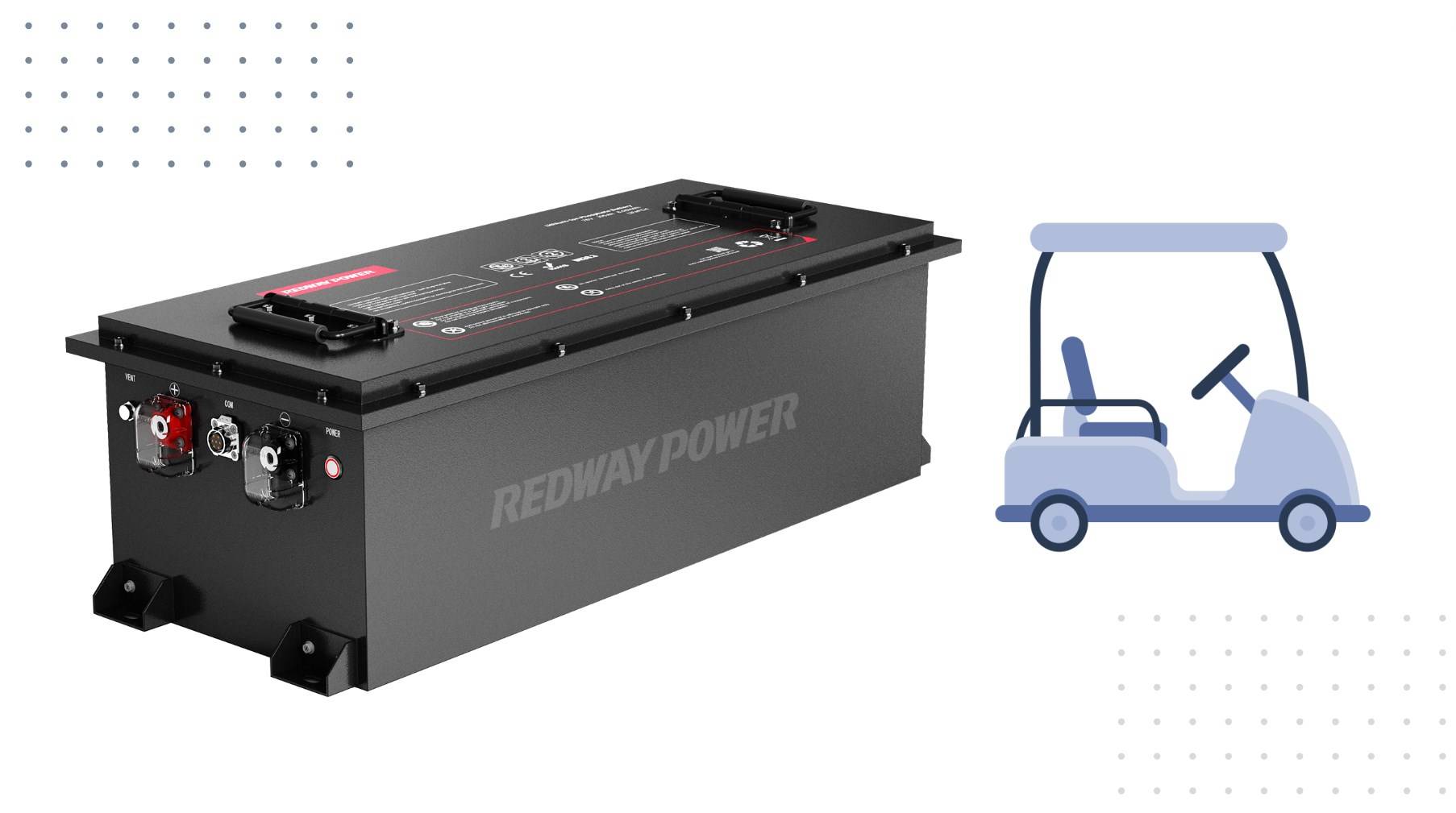
Blog
What Should You Know About the 72V 100Ah Lithium Ion Battery?

The 72V 100Ah lithium ion battery is an exceptional energy storage solution known for its efficiency, versatility, and performance across various applications, including electric vehicles and renewable energy systems.
Why Is the 72V 100Ah Lithium Ion Battery a Great Choice?
The 72V 100Ah lithium ion battery is an excellent choice due to its high energy density and lightweight design, making it ideal for applications where space and weight are critical factors, such as in electric vehicles or portable power systems.
What Are the Key Specifications of the 72V 100Ah Lithium Ion Battery?
Key specifications include:
- Nominal Voltage: Typically around 73.6V.
- Capacity: Provides a capacity of 100Ah, translating to substantial energy storage.
- Weight: Generally weighs between 63 kg to 75 kg, depending on the manufacturer.
- Cycle Life: Can exceed 3000 cycles, ensuring longevity.
Chart Title: Specifications Overview
| Specification | Value |
|---|---|
| Nominal Voltage | ~73.6 V |
| Capacity | ~100 Ah |
| Weight | ~63 kg to ~75 kg |
| Cycle Life | >3000 cycles |
How Does a 72V 100Ah Lithium Ion Battery Perform in Various Applications?
The versatility of the 72V 100Ah lithium ion battery allows it to excel in numerous applications:
- Electric Vehicles (EVs): Provides reliable power and extended range.
- Renewable Energy Storage: Efficiently stores solar or wind energy for later use.
- Marine Applications: Ideal for powering electric boats due to its lightweight nature and durability.
- Industrial Equipment: Powers forklifts and other machinery requiring consistent energy supply.
Chart Title: Applications of the 72V 100Ah Lithium Ion Battery
| Application | Description |
|---|---|
| Electric Vehicles | High energy density for longer ranges |
| Renewable Energy Storage | Efficient storage for intermittent sources |
| Marine Applications | Lightweight power source for vessels |
| Industrial Equipment | Reliable operation for heavy machinery |
What Are the Advantages of Using a 72V 100Ah Lithium Ion Battery?
The advantages include:
- High Energy Density: Stores more energy in less space compared to lead-acid batteries.
- Long Cycle Life: Reduces replacement frequency and costs.
- Fast Charging Capabilities: Minimizes downtime during charging.
- Low Self-Discharge Rate: Retains charge over extended periods when not in use.
Chart Title: Advantages Comparison
| Advantage | Description |
|---|---|
| High Energy Density | More power in less space |
| Long Cycle Life | Cost-effective over time |
| Fast Charging | Quick turnaround |
| Low Self-Discharge Rate | Ready for use after storage |
How Do You Maintain a 72V 100Ah Lithium Ion Battery for Longevity?
To maintain your 72V lithium ion battery, consider these practices:
- Store it in a cool, dry place to prevent overheating.
- Avoid complete discharges; recharge regularly to extend lifespan.
- Inspect connections periodically for corrosion or damage.
What Are the Environmental Considerations When Using Lithium Batteries?
Lithium batteries have several environmental benefits:
- They contain fewer toxic materials compared to lead-acid batteries.
- Higher recyclability rates contribute to sustainable practices.
- Their longer lifespan reduces waste generation over time.
How Does Temperature Influence the Performance of a Lithium Ion Battery?
Temperature significantly affects lithium-ion battery performance:
- Optimal operating temperatures typically range from 0°C to +45°C.
- Extreme temperatures can lead to reduced efficiency or potential damage.
Expert Views:
“The 72V 100Ah lithium ion battery is revolutionizing energy storage solutions across industries, offering unmatched efficiency and reliability while promoting sustainability,” states an expert in battery technology.
FAQ Section
- What is the cycle life of a typical 72V lithium ion battery?
The cycle life can exceed 3000 cycles, depending on usage conditions. - Can I use this battery type for solar energy storage?
Yes, it is ideal for storing solar energy efficiently. - What is the average charging time for a fully depleted battery?
Charging time varies but typically takes around 4 to 8 hours, depending on charger specifications.



